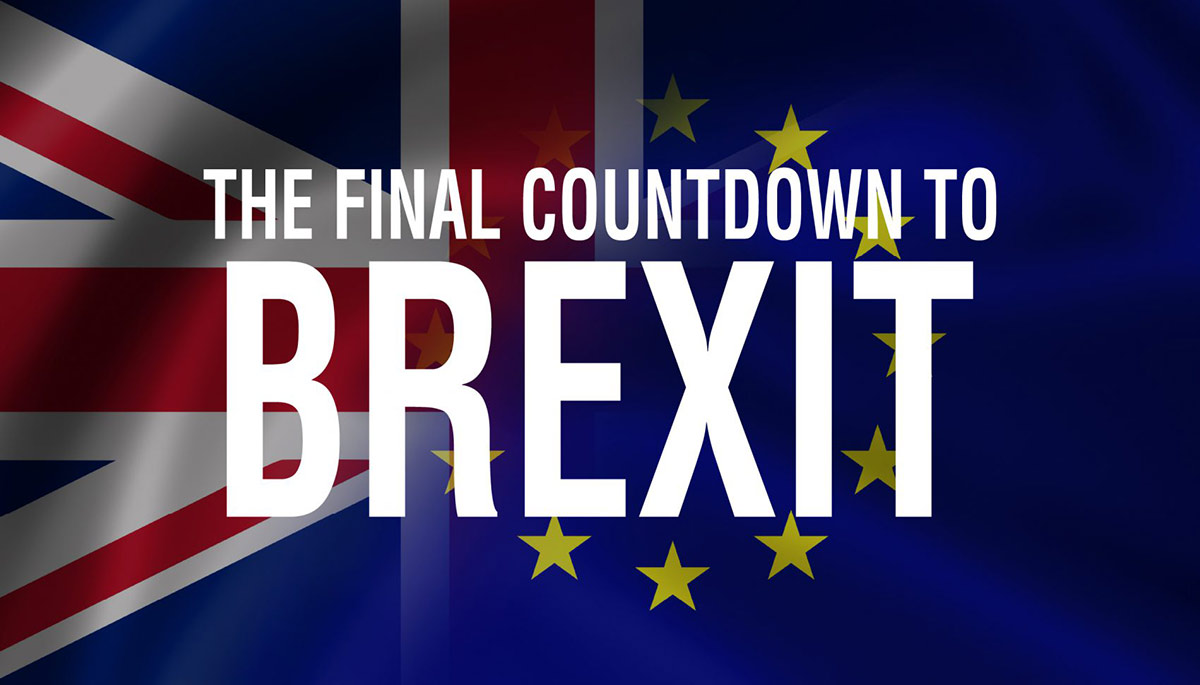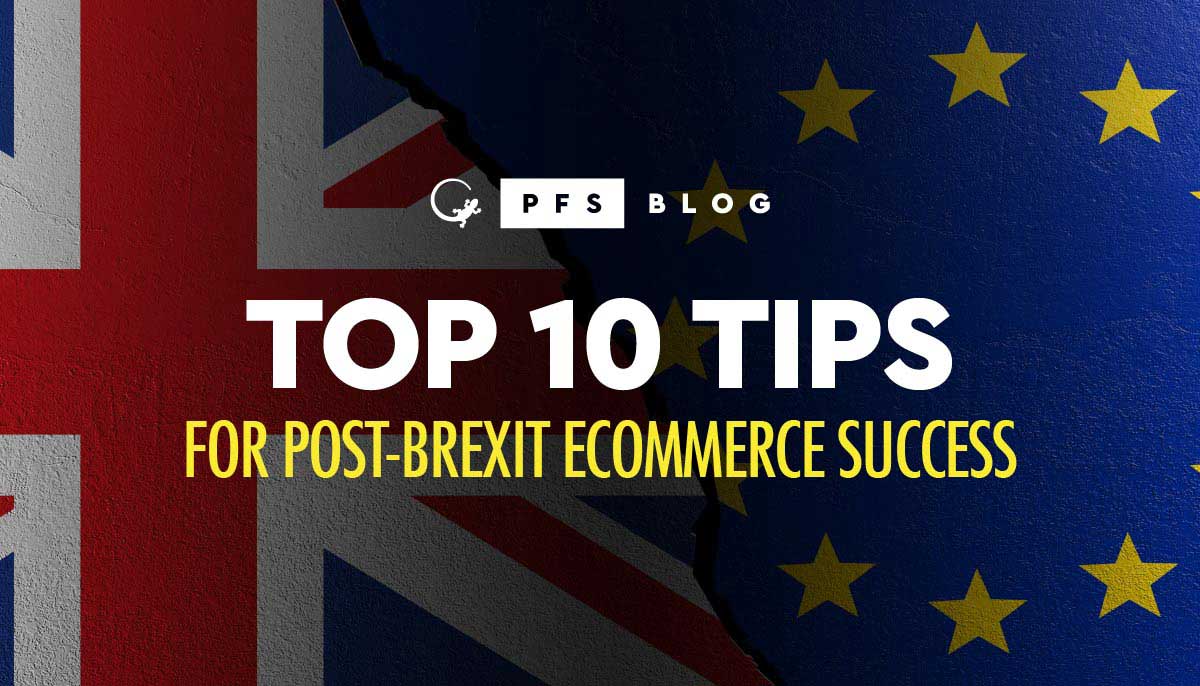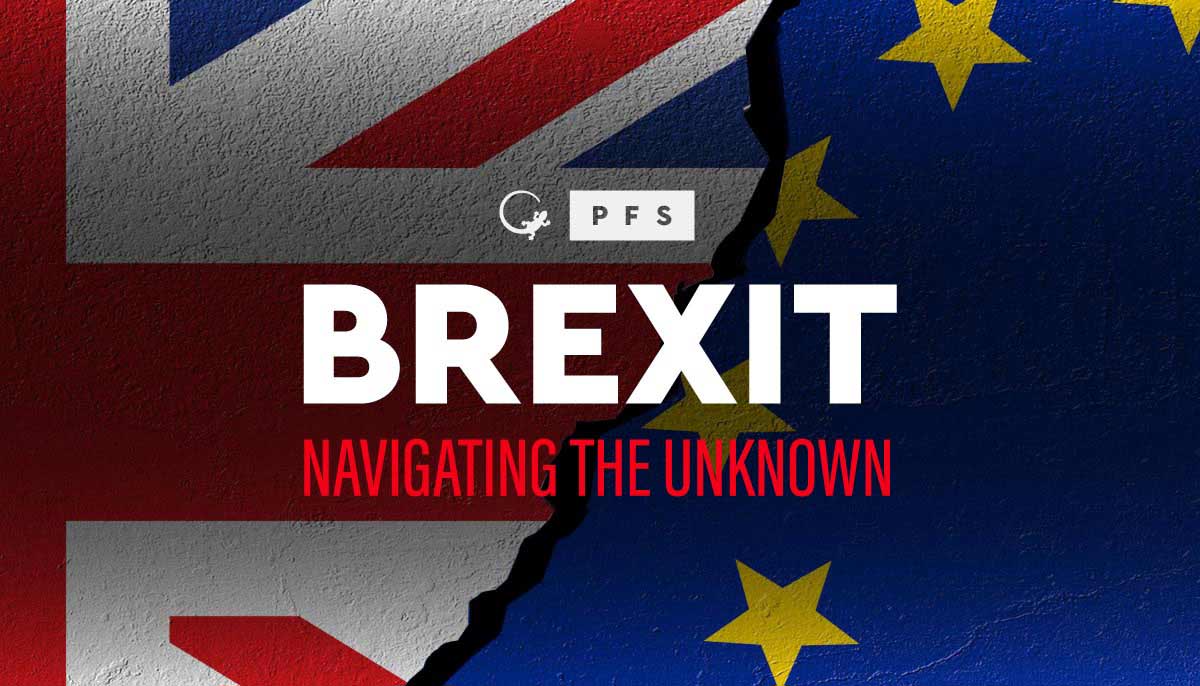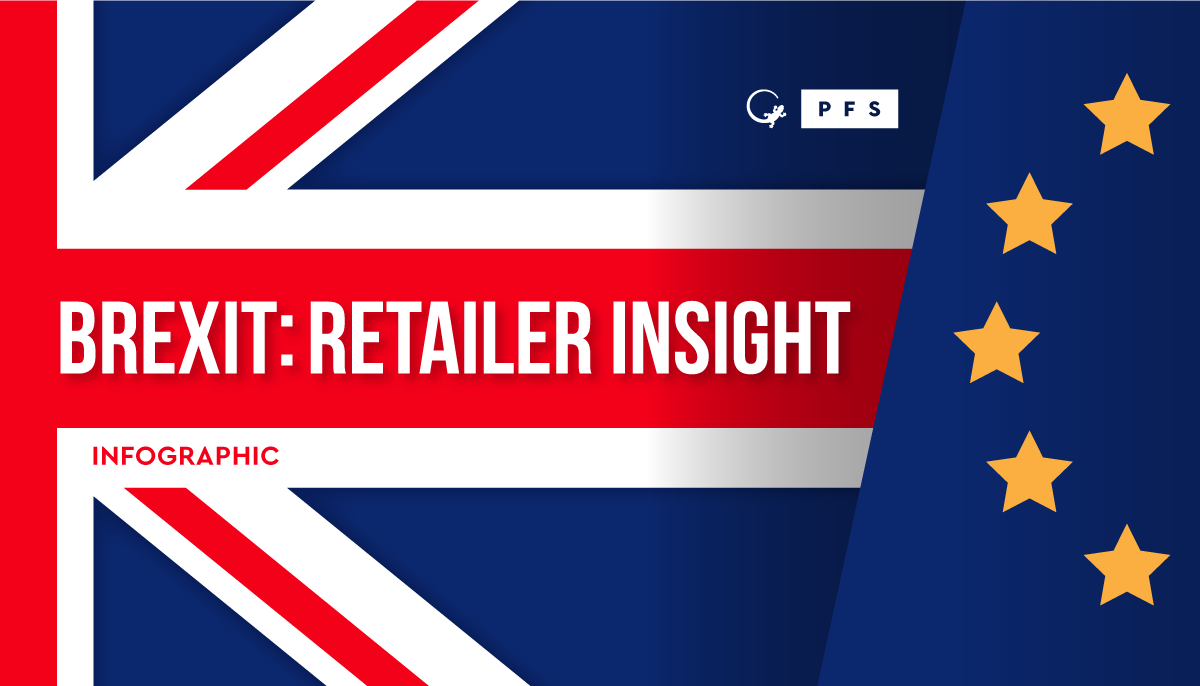
The Final Countdown: are Retailers Cutting it Fine with Their Brexit Preparedness?
A recent retailer survey on Brexit preparedness reveals only half of UK retailers believe they are prepared for Brexit. How can your business make sure it’s ready for the transition?
In a year disrupted by the COVID-19 pandemic, UK businesses are also having to consider the ramifications of a once-in-a-generation decision – Brexit. The UK’s transition period for leaving the European Union ends on 1st January 2021 and retailers must brace themselves for its potential impact.
Our research – surveying 150 retail, omnichannel, logistics operations and customer service decision-makers in large organizations across the jewelry, cosmetics, fashion and consumer goods industries – has found that retailers are yet to finaliZe how their processes will work in the new year once the transition period is over.
While more than half (54%) of respondents believe they are either fully prepared, or will be by the end of the year, the prospect of the UK leaving the EU without a trade deal remains a possibility and could create new components to mitigate. Nearly a third (29%) of UK online or omnichannel retailers admit that they are yet to make preparations, proving there is still a long way to go before the retail sector is ready for such seismic change.
Key findings on Brexit preparedness include:
- Four-fifths (79%) of retailers will be impacted by any cross-border effects of Brexit
- 67% say their forecasting for Q1 2021 is less robust than they would like due to Brexit uncertainty
- Two-thirds (67%) are preparing for an order backlog in Q1 2021
- A third (34%) anticipate an increase in customer complaints during Q1 2021 as a direct result of Brexit
- More than a third (35%) will focus on building a UK customer base and 43% expect their UK customers to shop with more UK-based brands
The majority of retailers are facing challenges as a direct result of Brexit; the supply of goods to EU customers, importing products, providing robust financial forecasting and customer service queries. Brands will also face increased tariffs and VAT obstacles with carriers. Retailers are anticipating more hurdles to overcome and how Brexit will impact their customers. Many are looking to change their customer bases and how they operate in Europe over the coming years to ensure they meet consumer demands.
This blog explores to what extent retailers are prioritizing Brexit, if preparations are going to plan and what they can do to ensure they are as ready as possible before the transition period ends.
Juggling priorities
At the start of 2020, one of the biggest economic concerns in UK retail was how the industry would adapt to Brexit. Given the events of the year so far, retailers have understandably had to reassess their priorities. The COVID-19 pandemic has changed shopping trends and instigated a sharp decline in visits to physical stores.
Our research found that the impact of the pandemic is now the highest priority for retailers:
- Three-quarters (75%) of respondents named the pandemic in their ‘top three’ priorities for the end of 2020
- By comparison, 66% put preparing for Brexit ramifications in their ‘top three’ priorities
- Half (50%) said putting their Brexit plan into action ahead of 1 January 2021 was a ‘top three’ priority, although 17% listed this as their lowest priority
- Nearly a quarter (23%) of retailers recognize there will be implications but have not yet started preparing
Strikingly, a third (34%) of retailers anticipate an increase in customer complaints during Q1 2021 due to Brexit. To manage this concern, 40% intend to proactively notify customers about delivery delays and reduced stock availability.
Act now to avoid disruption
Considering the downfall in profits and footfall that many retailers have seen this year, it is understandable that Brexit preparations have slipped down their priority lists. To avoid further disruption when the transition period ends, organizations must take steps now to better prepare themselves.
Being aware of carrier charges and how to factor them into forecasting is essential, especially given the financial pressures this year has already caused. More practically, using multiple distribution points across the UK and the EU will help to ensure customers receive goods on time and is one of the key tactics used by the likes of Amazon to hit their delivery targets.
UK customers still looking for goods from Europe will be able to rely on retailers that want to ensure their business is effective across the continent. For example, a third (35%) say they will seek a European fulfilment partner in Western Europe. A third (32%) also plan to expand their customer base either to, or in, Europe. By reviewing where their customers are located and determining how inventory should be dispersed across the two regions, retailers improve their chances of getting products where they are most needed.
Ensure Brexit preparedness
Discover how retailers can prepare for Brexit.
The PFS Brexit Solution ensures fast, affordable eCommerce fulfillment across the UK and Europe. By taking action now to further Brexit preparedness before the deadline, retailers can better prepare themselves to cope with any ramifications and ensure their own transition into the UK’s new relationship with the EU goes as smoothly as possible.
Research methodology:
In November 2020, Arlington Research, on behalf of PFS, conducted a survey with 150 decision-makers who have operations, eCommerce and digital commerce, supply chain, logistics and customer services responsibilities in UK online and omnichannel retailers with more than 250 employees. Verticals comprise the fields of jewelry, cosmetics, apparel, fashion and consumer goods.


